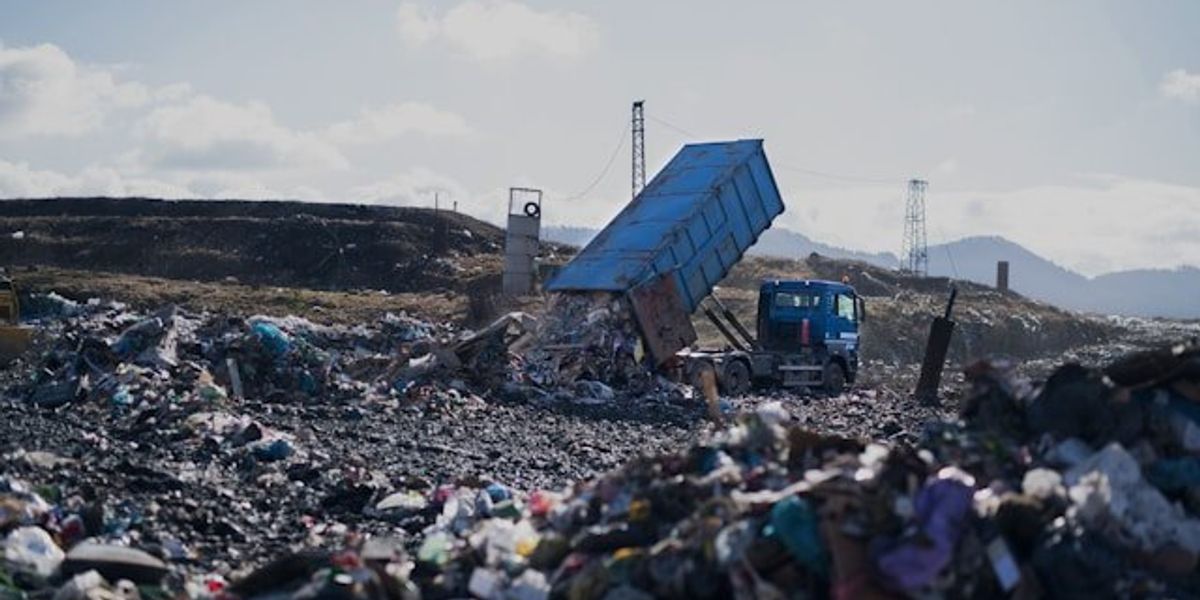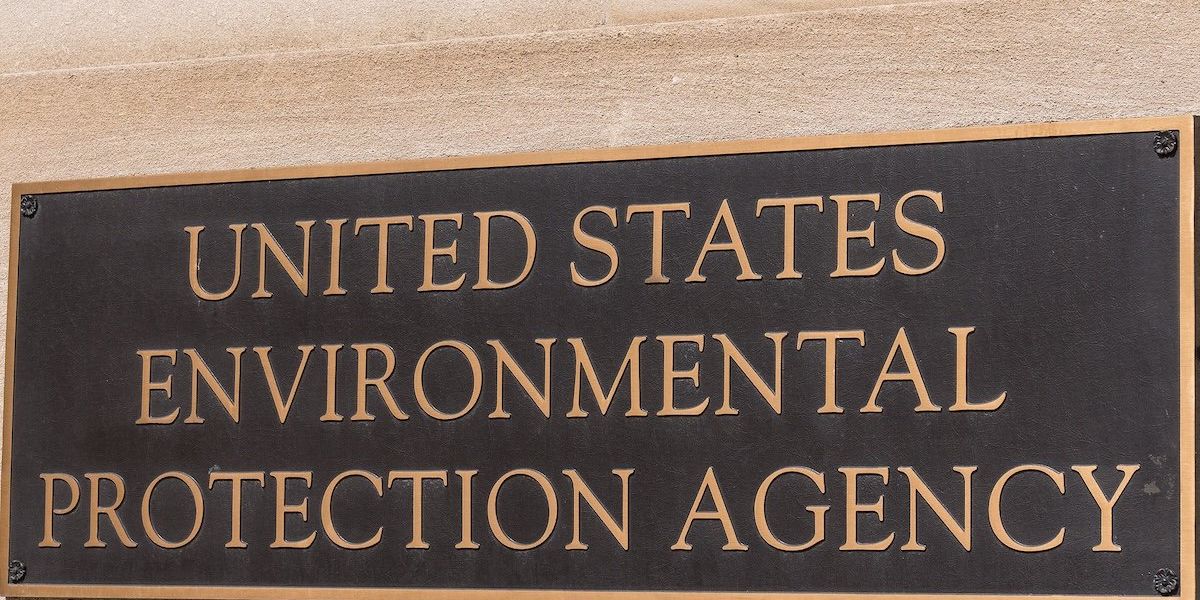nuclear
Delays and cost overruns challenge nuclear fusion project
The International Thermonuclear Experimental Reactor, a multinational project aimed at creating a clean energy source through nuclear fusion, faces significant delays and cost overruns, jeopardizing its future.
In short:
- The International Thermonuclear Experimental Reactor (Iter), initially projected to produce energy by 2020, has faced delays due to COVID-19, cost overruns and design changes, with completion now pushed to 2039.
- Critics warn that Iter, now costing over $25 billion, risks falling behind private companies pursuing faster fusion solutions.
- Researchers remain hopeful about Iter's potential, particularly in generating tritium, essential for fusion, despite its challenges.
Key quote:
"The trouble is that Iter has been going on for such a long time, and suffered so many delays, that the rest of the world has moved on."
— Robbie Scott, UK Science and Technology Facilities Council
Why this matters:
Nuclear fusion holds the promise of providing a virtually limitless and clean energy source, which could significantly impact global energy sustainability. However, if Iter fails to meet its goals, the project's credibility and future funding could be at risk, potentially slowing progress in fusion research.
Fracking technique advances clean energy
A new deal between Southern California Edison and Fervo Energy leverages fracking technology to harness geothermal energy for carbon-free electricity generation.
In short:
- Fervo Energy uses fracking to extract underground heat for geothermal power, offering a cleaner energy alternative to fossil fuels.
- The enhanced geothermal plant, operational by 2028, will add 400 megawatts of carbon-free electricity to the grid.
- This technology can operate continuously, providing a reliable clean energy source unlike solar or wind.
Key quote:
“It shows the important role that geothermal is going to play on the grid as a 24/7 carbon-free energy resource.”
— Tim Latimer, CEO of Fervo Energy
Why this matters:
Enhanced geothermal energy can significantly reduce greenhouse gas emissions and provide stable, continuous power. This innovation supports the shift towards a sustainable energy future, mitigating the impact of climate change.
Nuclear plant operations under review after sea turtle deaths
Thirteen sea turtles, including endangered species, were found dead in a canal linked to the Brunswick Nuclear Plant, prompting a federal review of the plant's impact on marine life.
In short:
- King tides and high winds damaged screens meant to keep marine life out of the plant's intake canal, leading to the deaths of 13 turtles.
- The plant exceeded its annual limit of "takes," or unintended harm to protected species, which requires a review by federal agencies.
- The plant is enhancing monitoring and protective measures to prevent future incidents.
Key quote:
"This was just an unusual situation. We’ve been operating this plant for almost 50 years and this is the first time in five decades that we’ve had any kind of event like this that have exceeded our limits."
— Karen Williams, Brunswick Nuclear Plant communications manager
Why this matters:
Sea turtles, especially endangered species, play a crucial role in marine ecosystems. The deaths of these turtles indicate potential vulnerabilities in environmental safeguards at nuclear plants, necessitating stricter regulations and improved protective measures.
Bill Gates begins groundbreaking nuclear project in Wyoming
Bill Gates has started construction on an advanced nuclear power plant in Wyoming, aiming to transform power generation.
In short:
- Gates' TerraPower is building a sodium-cooled nuclear reactor at a site next to PacifiCorp’s Naughton Power Plant, which will phase out coal and natural gas by 2036.
- The $4 billion project, partially funded by the U.S. Department of Energy, aims for a 2030 completion but faces delays due to fuel supply issues.
- The reactor promises to provide carbon-free energy and may also supply industrial heat, potentially revolutionizing high-heat industrial processes.
Key quote:
“This is a big step toward safe, abundant, zero-carbon energy. And it’s important for the future of this country that projects like this succeed.”
— Bill Gates, chairman of TerraPower
Why this matters:
Unlike intermittent renewable energy sources, nuclear power can provide continuous, baseload power, which is essential for maintaining grid stability and meeting consistent energy demands.
Critics raise concerns about the safety and cost-effectiveness of nuclear power. Despite the advancements, they point to the challenges of nuclear waste management and the high initial investment required for such projects.
Related EHN coverage:
White House seeks to revive US nuclear industry with new reactor push
President Biden aims to boost nuclear power with federal support for large-scale and small modular reactors to achieve carbon-free energy goals by 2035.
In short:
- The Biden administration highlights the completion of Plant Vogtle, the most expensive nuclear project in U.S. history, as a step toward reinvigorating the nuclear industry.
- A new working group will address high costs and lengthy build times for modern reactors, while exploring advanced reactors for military sites.
- Federal subsidies and streamlined regulations aim to support the deployment of small modular reactors despite current industry infancy and supply chain challenges.
Key quote:
“Recognizing the importance of both the existing U.S. nuclear fleet and continued build-out of large nuclear power plants, the U.S. is also taking steps to mitigate project risks associated with large nuclear builds and position U.S. industry to support an aggressive deployment target.”
— White House statement
Why this matters:
Reviving the nuclear industry is important for meeting climate goals and reducing dependence on fossil fuels. Enhanced federal support and streamlined processes could overcome past obstacles, fostering energy security and innovation.
US shifts to domestic uranium production amid geopolitical tensions
The Biden administration has enacted a law ending uranium imports from Russia to bolster local production and strengthen the U.S. nuclear energy sector.
In short:
- President Biden's new law not only prohibits Russian uranium imports but also allocates $2.7 billion to support U.S. uranium mining and processing.
- Domestic efforts include reopening mines in Arizona and Utah, despite ongoing environmental and tribal concerns.
- Secretary of Energy Jennifer Granholm emphasized the importance of self-reliance in nuclear fuel supply for America's clean energy future.
Key quote:
"Our nation’s clean energy future will not rely on Russian imports. We are making investments to build out a secure nuclear fuel supply chain here in the United States."
— Jennifer Granholm, Secretary of Energy
Why this matters:
Increasing domestic uranium production could lead to mixed outcomes. On the positive side, bolstering local production of uranium reduces reliance on foreign resources, which can enhance national security and reduce vulnerabilities associated with geopolitical tensions. However, uranium mining and milling are resource-intensive processes that pose potential risks to local ecosystems and water sources. The extraction process can generate large amounts of waste rock and tailings, which may contain hazardous substances like radium and arsenic. These can contaminate groundwater and surface water if not properly managed.
Georgia powers up: the complex journey and future of nuclear energy at Plant Vogtle
After years of delays and skyrocketing costs, the new reactors at Plant Vogtle in Georgia have finally begun operations.
In short:
- Plant Vogtle's expansion, which includes two new reactors, finished with a $35 billion cost and a seven-year delay.
- The reactors are expected to generate about 1,100 megawatts each, contributing to carbon-free power production.
- Small modular reactors (SMRs) are gaining attention as a more feasible alternative for future nuclear projects.
Key quote:
"A generation from now, the people in Georgia are going to be really, really happy that Vogtle Units 3 and 4 have gone online."
— Jeff Merrifield, former member of the Nuclear Regulatory Commission
Why this matters:
The completion of Vogtle's reactors represents a significant step toward meeting the increasing demand for clean energy, however, some point to high costs of the plant and disposing of the waste remains a tricky issue.



















